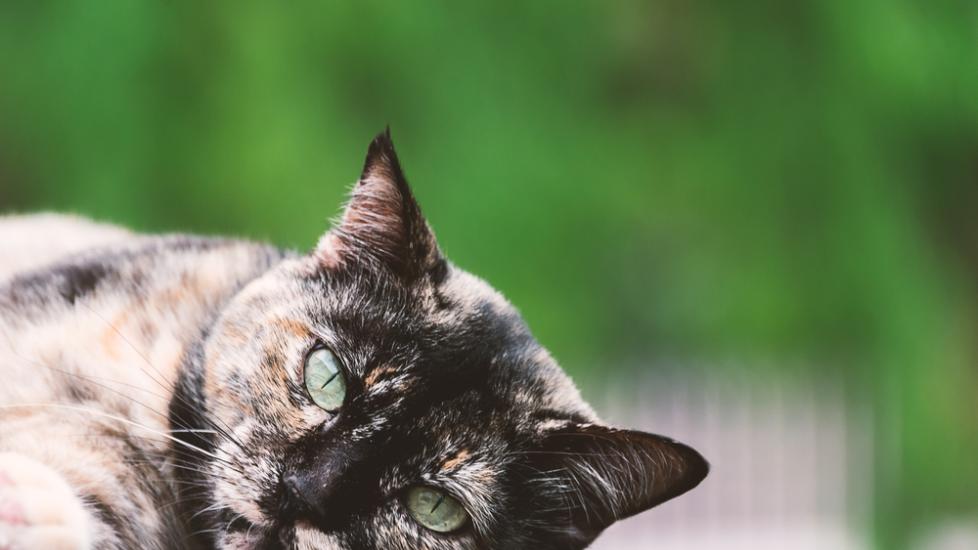7 Great Reasons to Adopt a Senior Cat
November is Adopt a Senior Pet Month. Why might you want to consider adopting a senior cat? There are lots of good reasons. Here are seven of the best.
- When you adopt a kitten, its personality is still developing. As a result, you won't know whether your new friend is going to be a lap cat or an independent spirit. With a senior, that's not true. Its personality is already fully developed, so what you see is what you get. You'll know right away whether your new feline companion is going to be a cuddlebug or an independent thinker. But keep in mind that in a shelter environment, your new cat's personality might not shine through quite as strongly because of the stress and fear associated with being in a strange place.
- Senior cats, quite naturally, are already fully mature. By adopting a senior cat, you'll avoid the rambunctiousness associated with kittens, who are frequently quite active, curious, and into everything, including things they shouldn't be. Senior cats are typically more sedate, though they still often enjoy a good play session with their people, or with other feline companions.
- In most cases, senior cats have already been housetrained. They'll know how to use the litterbox and may even already be trained to use a scratching post, rather than using your beautiful couch or expensive chair to sharpen their claws.
- Being older, senior cats often enjoy a good nap. Many seniors want nothing more than to curl up on your lap or rest near you while you read, watch TV, or sleep. What's more comforting than having a purring cat resting nearby?
- According to the feline life stage guidelines issued by the American Association of Feline Practitioners (AAFP), cats are considered senior from 11-14 years and geriatric from 15 years onward. However, many cats live into their late teens or even into the twenties, so a senior cat may have many good years left. You shouldn't pass up the chance to adopt a senior because you're afraid your new companion won't be with you for long.
- In most cases, a senior cat will have already been spayed or neutered when adopted. In addition, a senior cat will not need to complete an entire series of vaccinations and dewormings such as those that a young kitten will require. That doesn't mean that your new senior cat can go without regular veterinary care though. Most veterinarians advise an examination every six months to a year, depending on your cat's overall health and age.
- Senior cats are often among the hardest pets for shelters and rescues to place in a new home. By adopting a senior cat, in most cases, you'll literally be saving the cat's life. Your senior citizen will repay you for your kindness with friendship and appreciation. You'll also be allowing your new cat to live out her senior years in the comfort and dignity that an older cat deserves.

Dr. Lorie Huston
Image: Thinkstock
